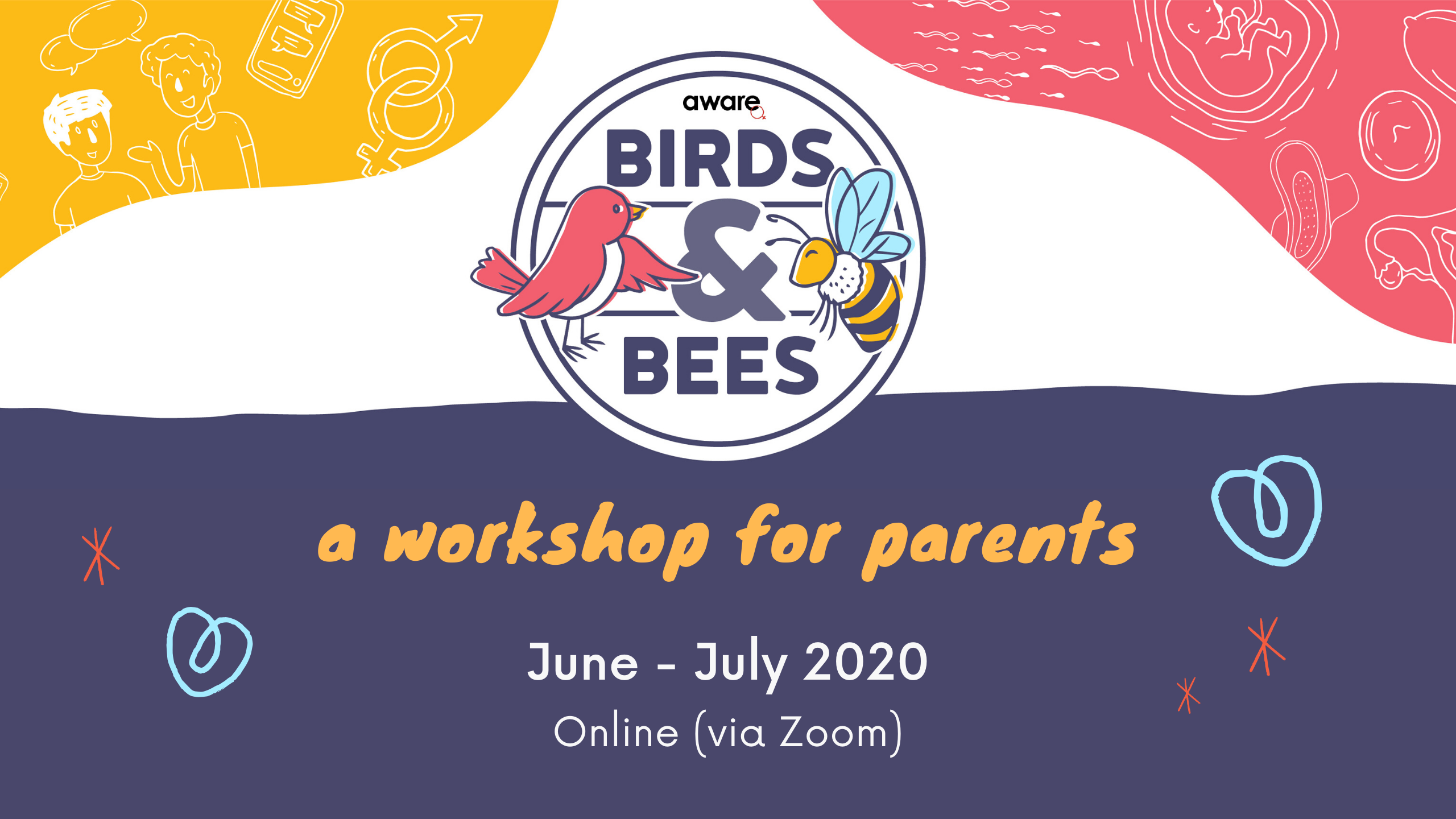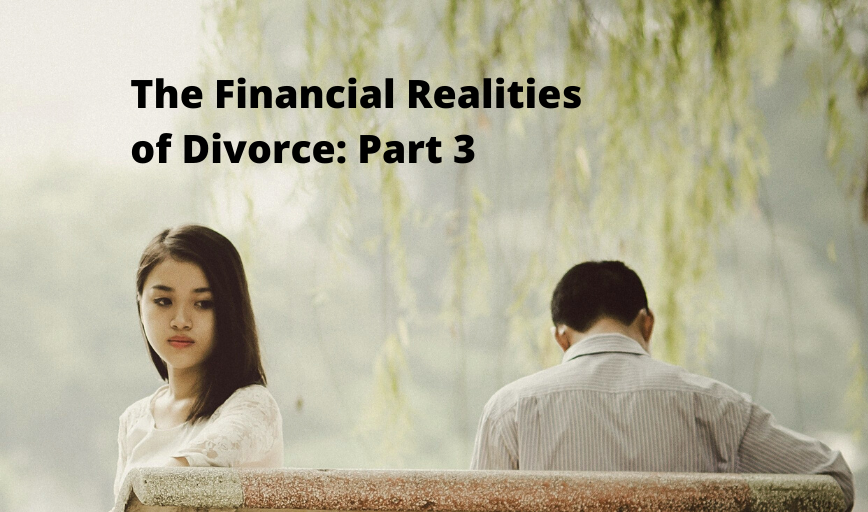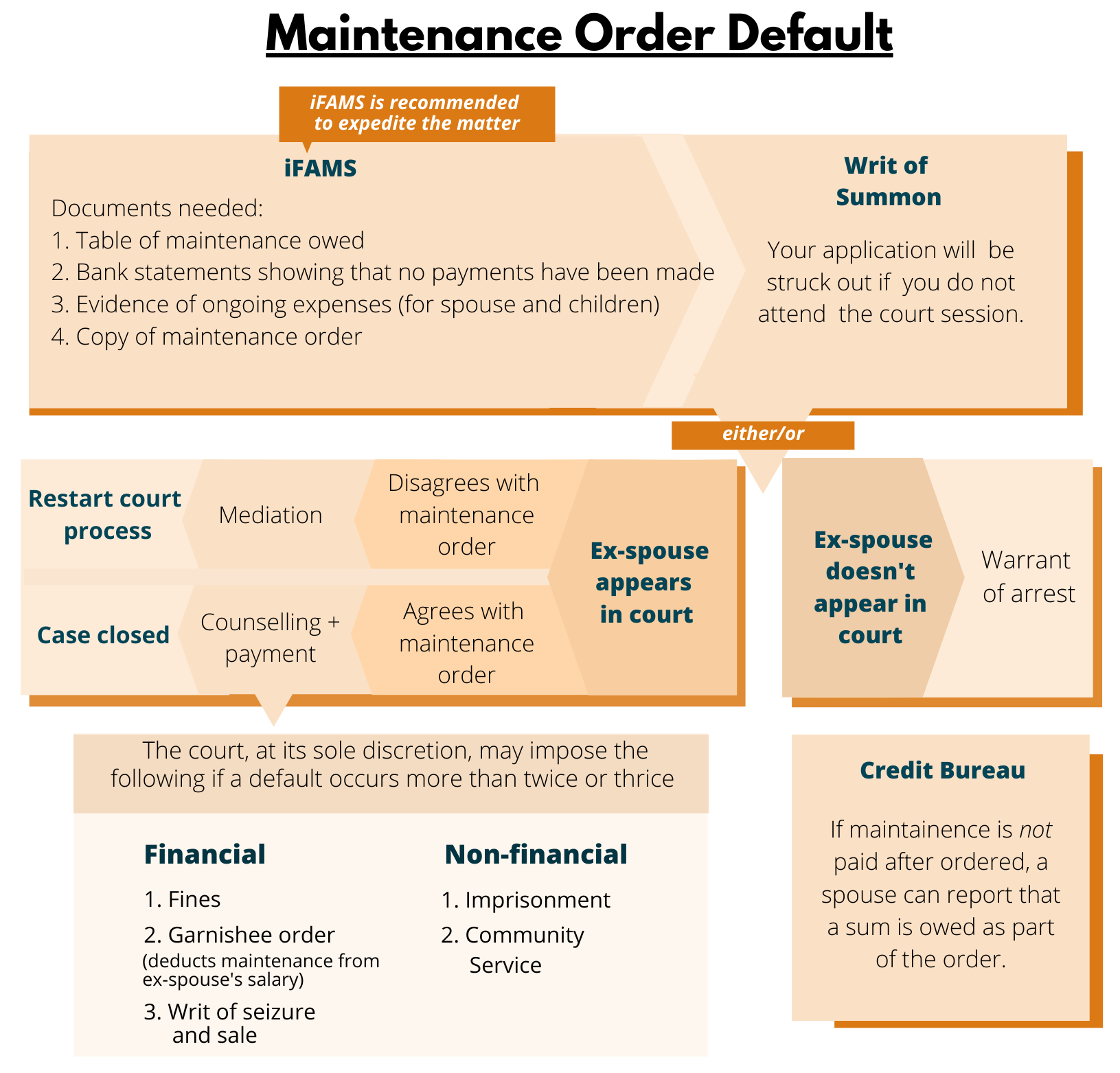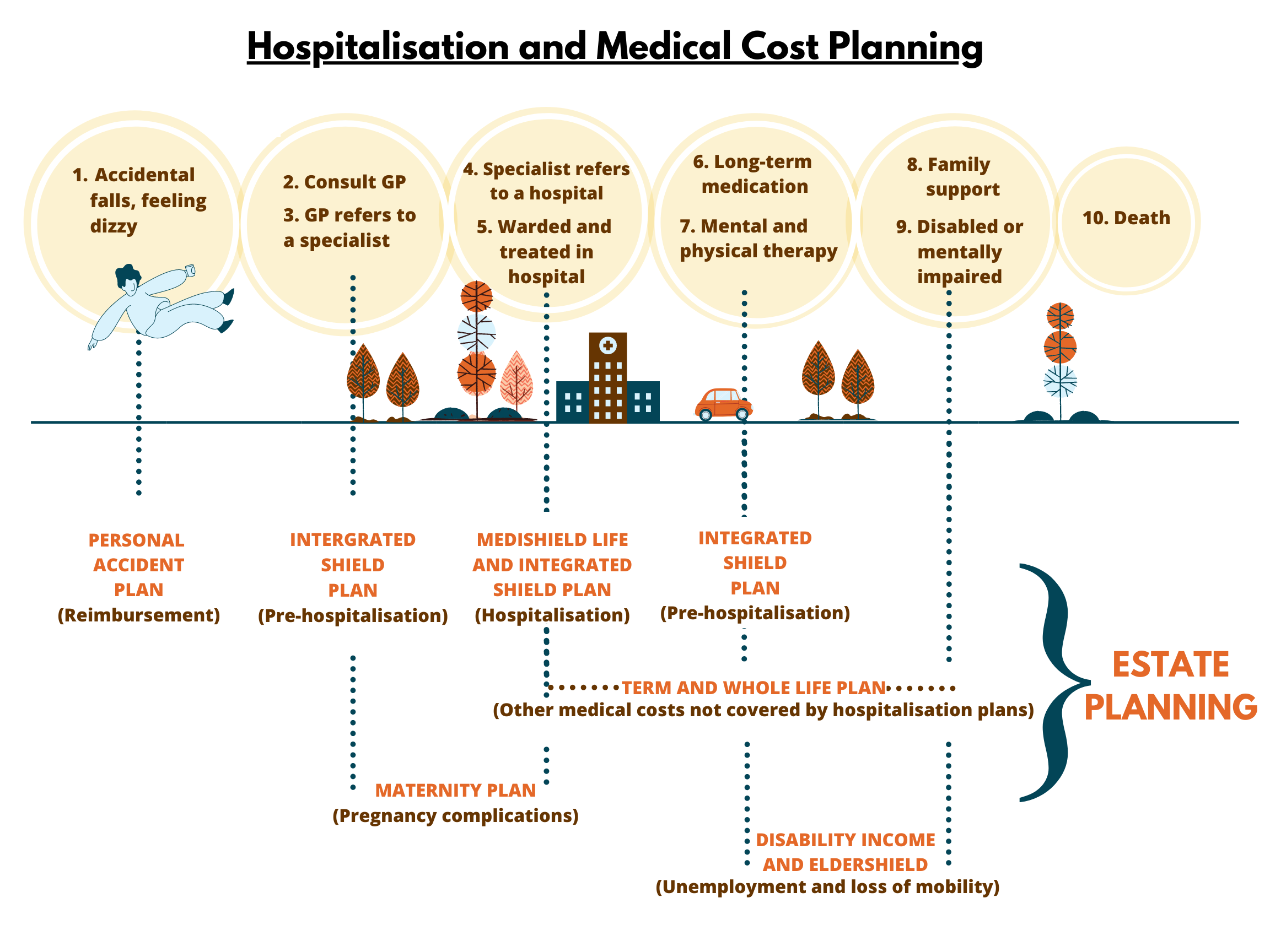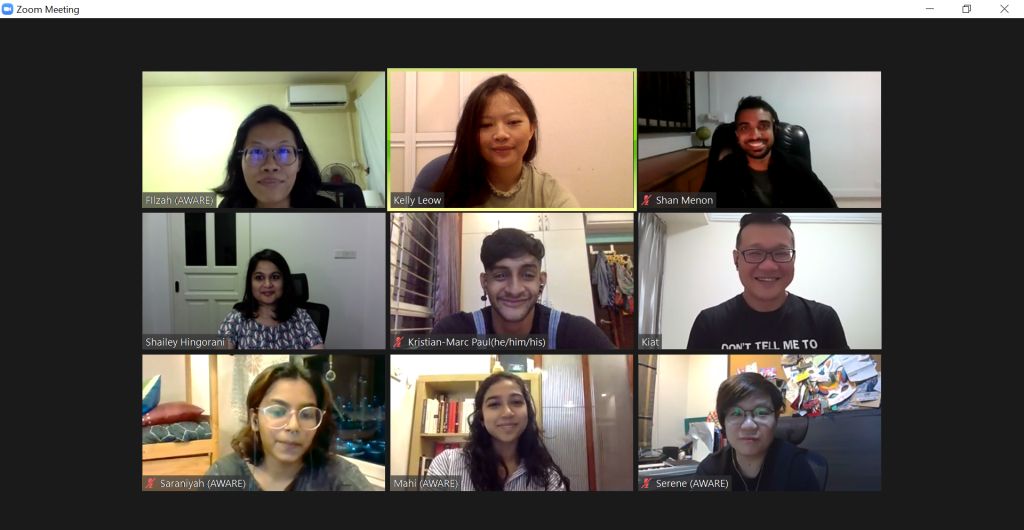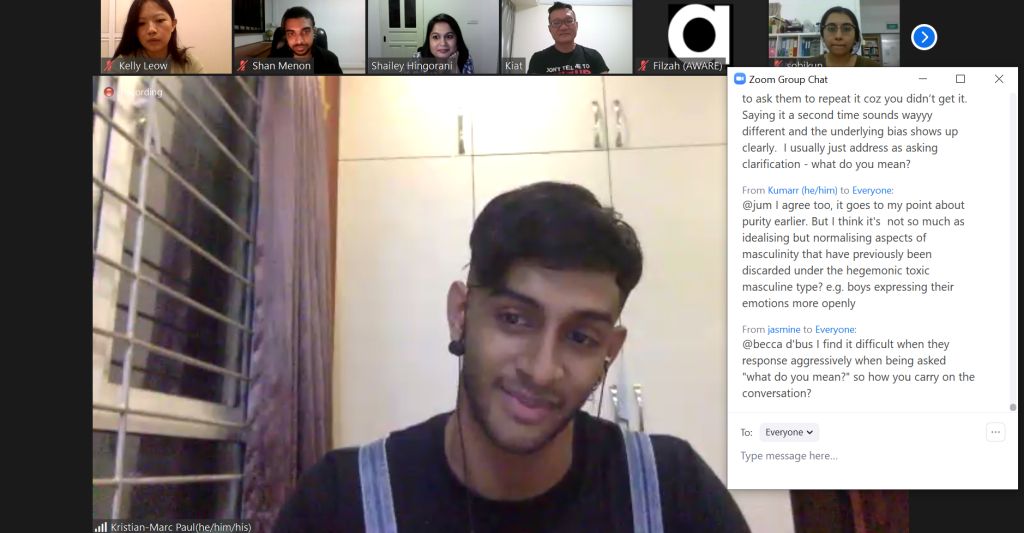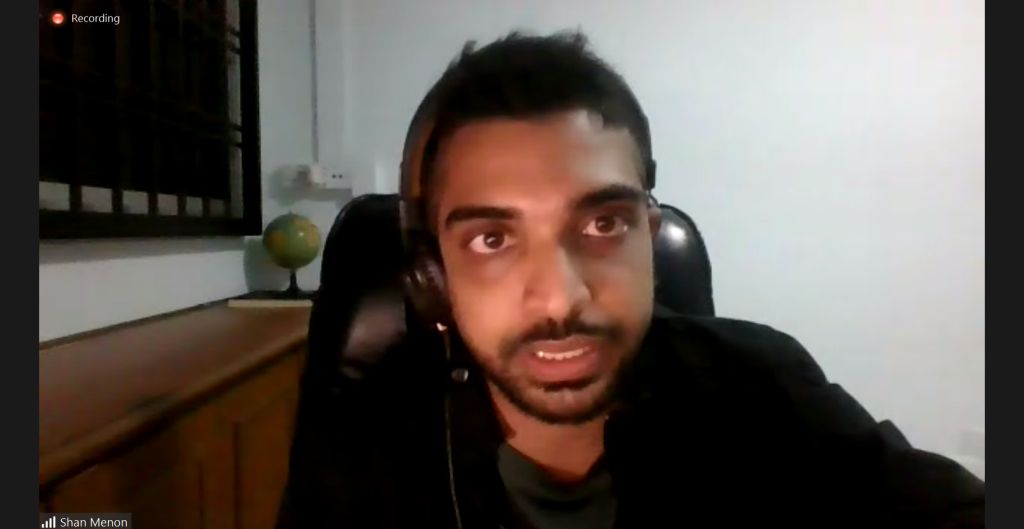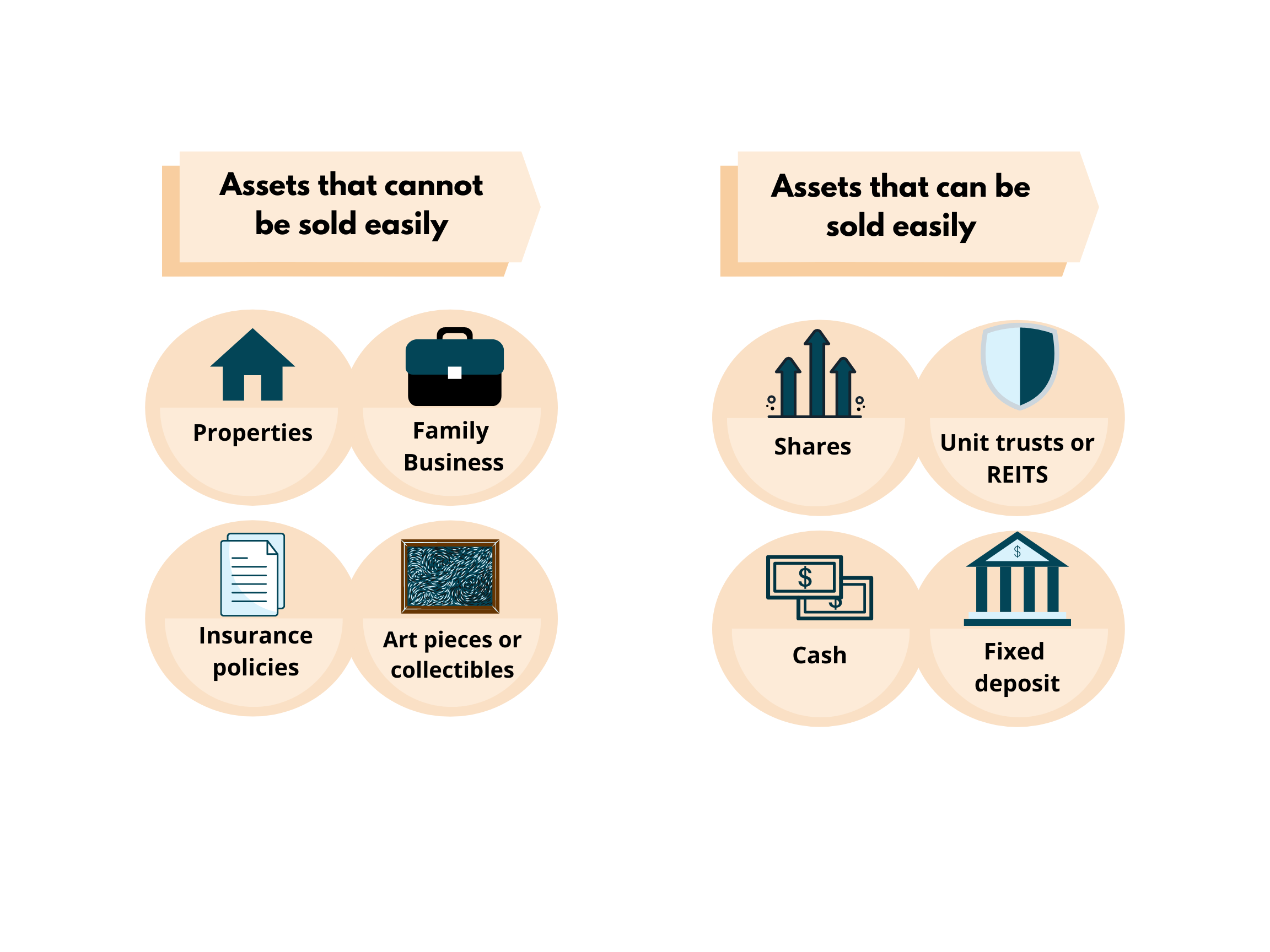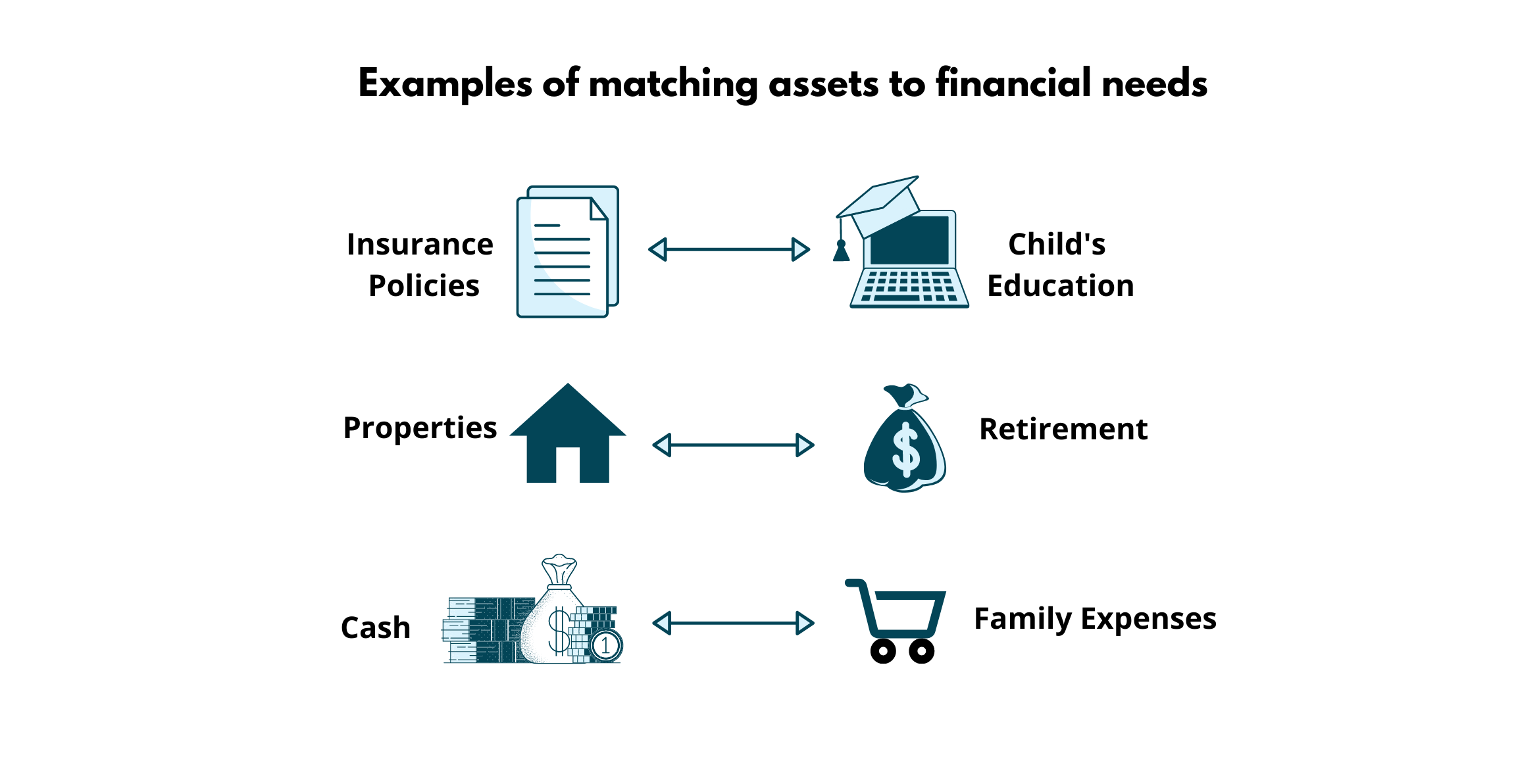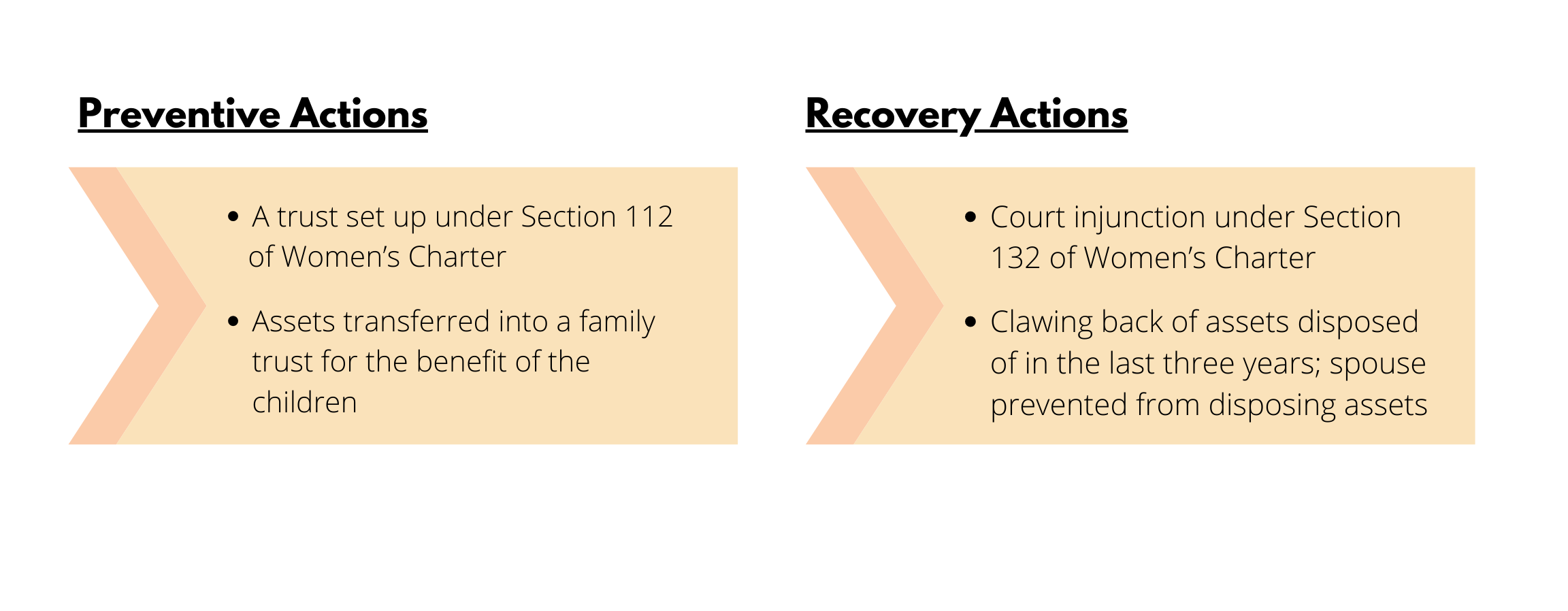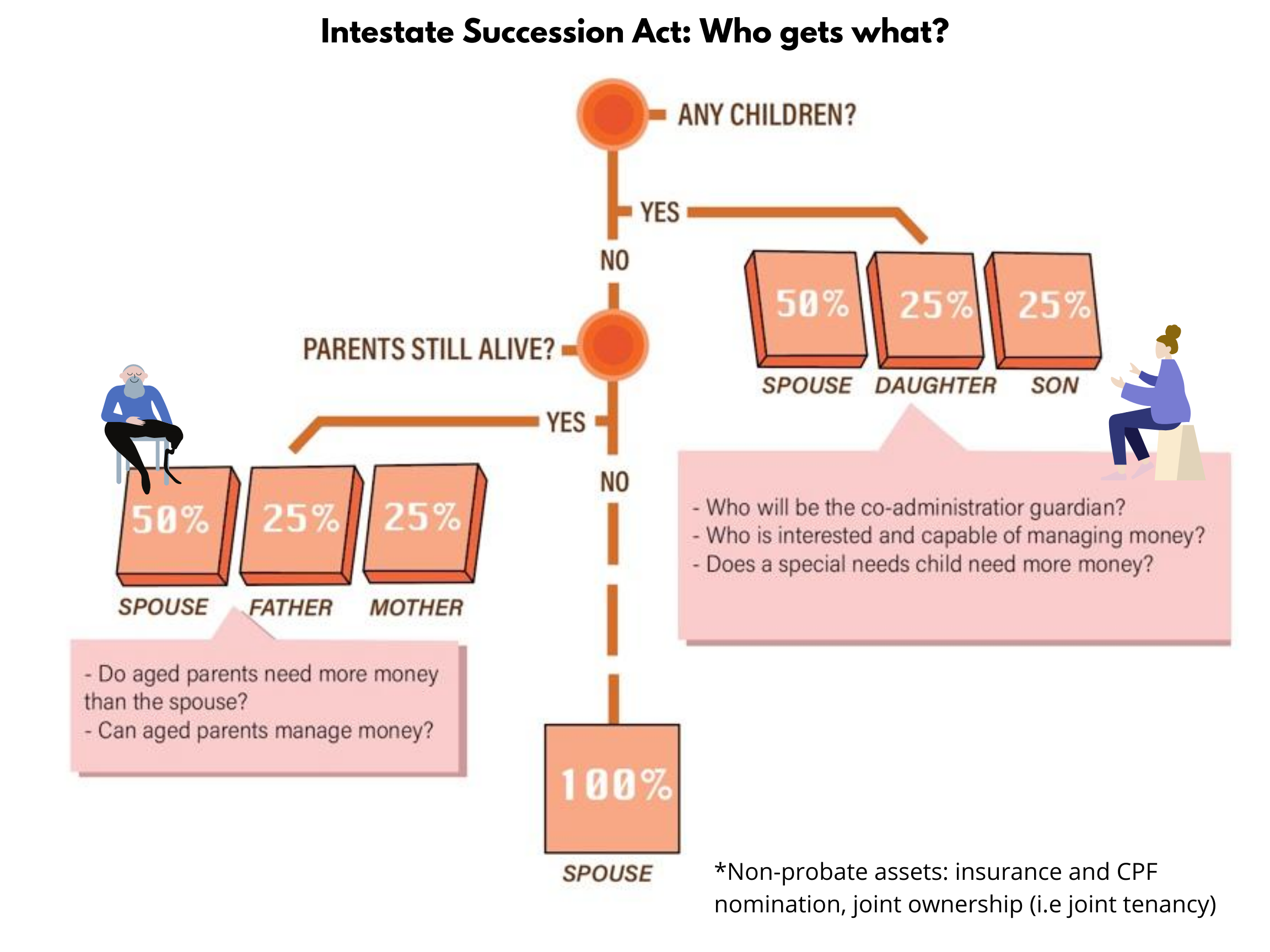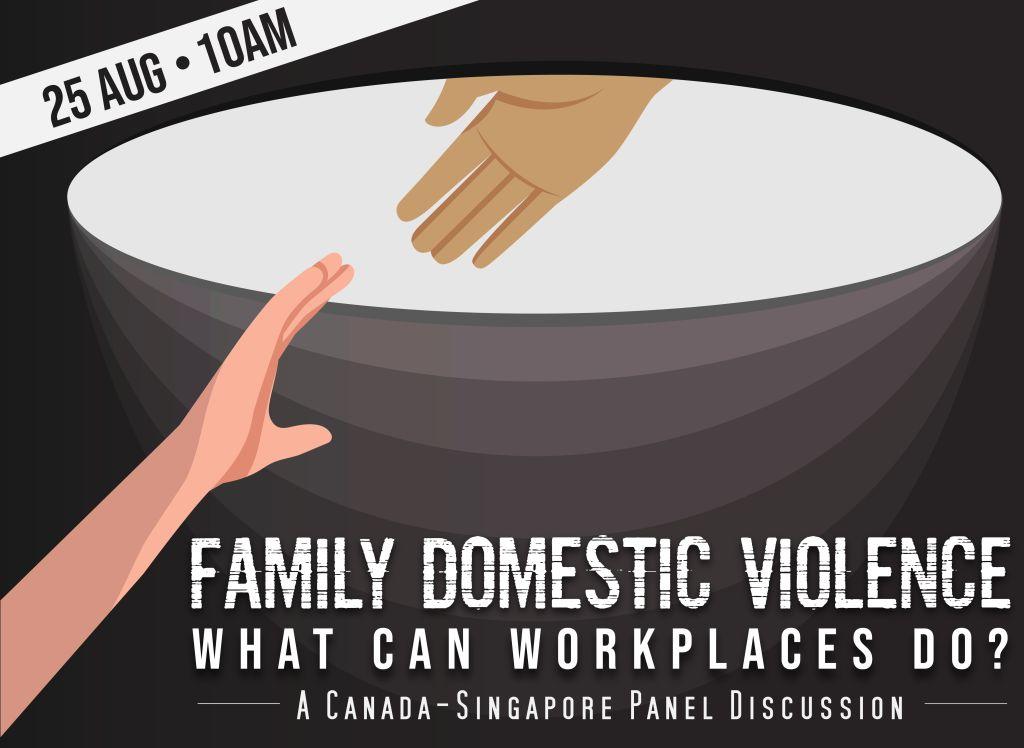We are no longer accepting applicants for this role.
AWARE’s Sexual Assault Care Centre (SACC) is looking for a Senior Programme Executive to support the centre in programme development, through monitoring and evaluation, to measure impact and ensure high and consistent quality for its various programmes. The role also requires supporting the SACC team in analysing data, drafting funding reports and liaising with external stakeholders. You can read more about our Sexual Assault Care Centre here.
Commitment: Full-time, Monday to Friday, 40 hours a week
Salary range: $3,160 – $3,940
Term: One year (with possibility of extension)
Starting date: Immediate
Citizenship: Singapore citizen/PR or non-Singaporean holding Dependent’s Pass, LTVP or LTVP+ pass
Job Description
- Establishing, monitoring and evaluating performance indicators for various SACC services and processes to ensure high quality and trauma-informed practices
- Ensuring information gathered through monitoring activities is shared in a timely manner with senior Programme Coordinators, such that any issues arising and/or process gaps can be addressed
- Assisting in the development of SACC programmes targeted at enhancement of services and processes
- Developing data collection tools, and organising and analysing data collected to further SACC’s programmes and advocacy goals
- Translating data into understandable, visually simple and powerful messages to inform decision-making and strategic short-term and long-term planning, as well as show SACC’s impact
- Providing relevant, timely and accurate information to key stakeholders through various reports (e.g. monthly reports, funding reports, etc).
- Liaising with and managing key internal and external stakeholders
- Working closely with Women’s Care Centre staff, counsellors and Helpliners to support each other’s work
Requirements
- Minimum of 3 years of professional experience in a performance monitoring and/or evaluation role or programme management role or related experience
- Relevant education qualifications in management, development or related fields. Experience in the social sector is a bonus
- Good analytical skills and commitment to confidentiality
- Strong project planning: highly creative, adaptable and a self-starter
- Excellent interpersonal and communication skills in English (verbal and written)
- Superb organisational and time management skills
- Ability to use initiative and judgment to solve problems independently and meet deadlines in a high-paced environment while balancing workload and competing priorities
- Proficiency in MS Office, especially Excel, PowerPoint and Word
Read our privacy policy here.
Please note that due to the large number of applications, only shortlisted applicants will be contacted for an interview. If you have any questions about this position, please email careers@aware.org.sg.






